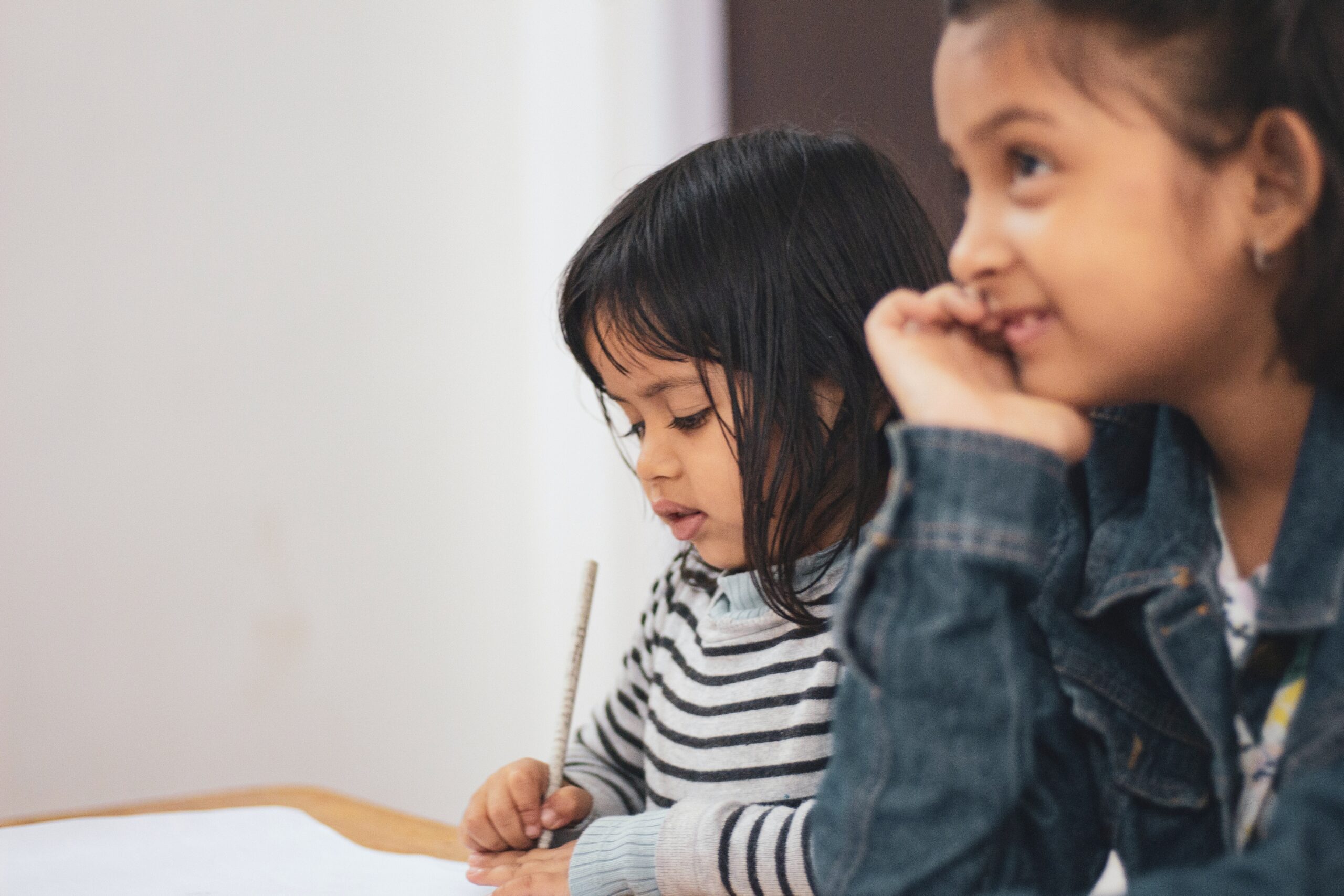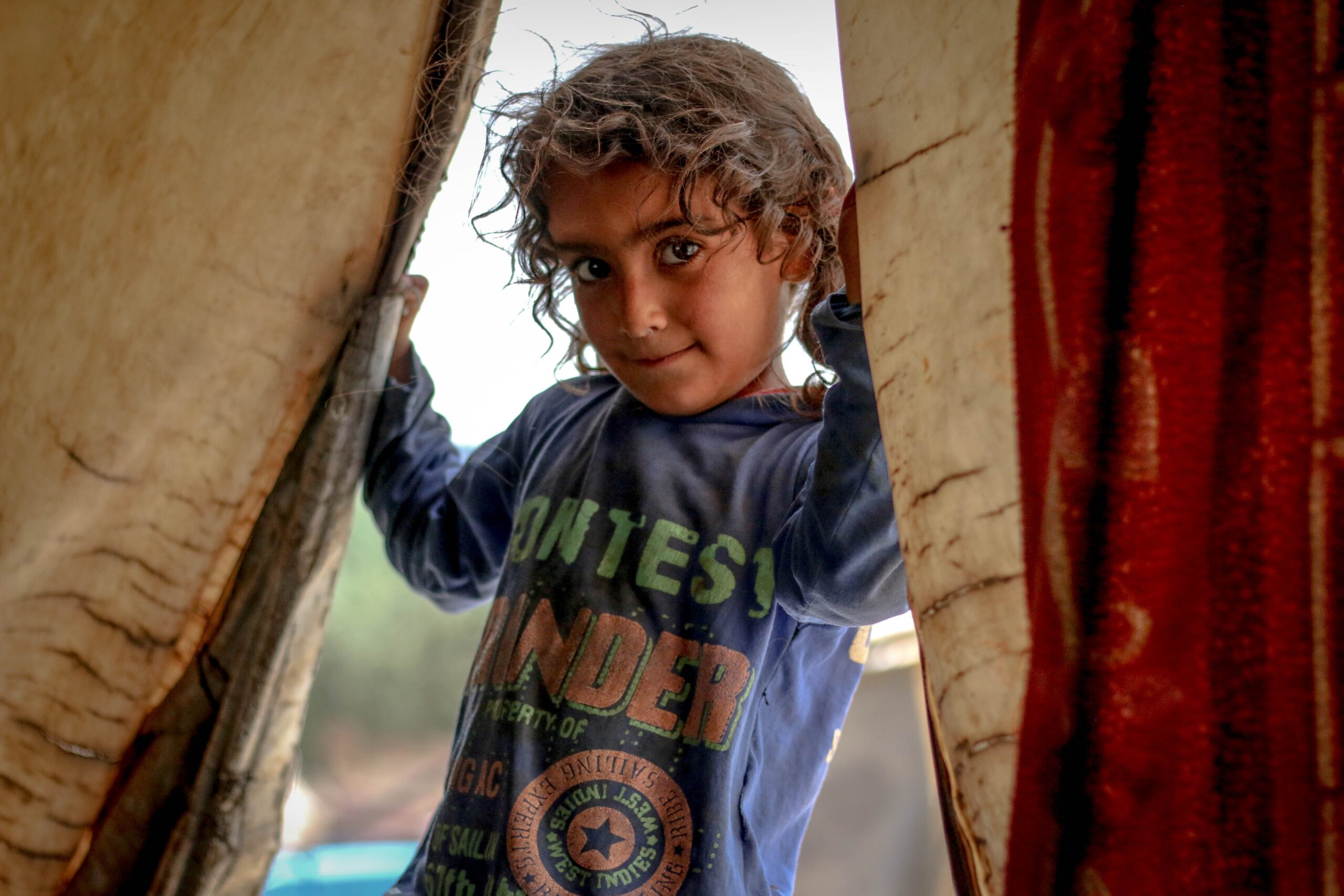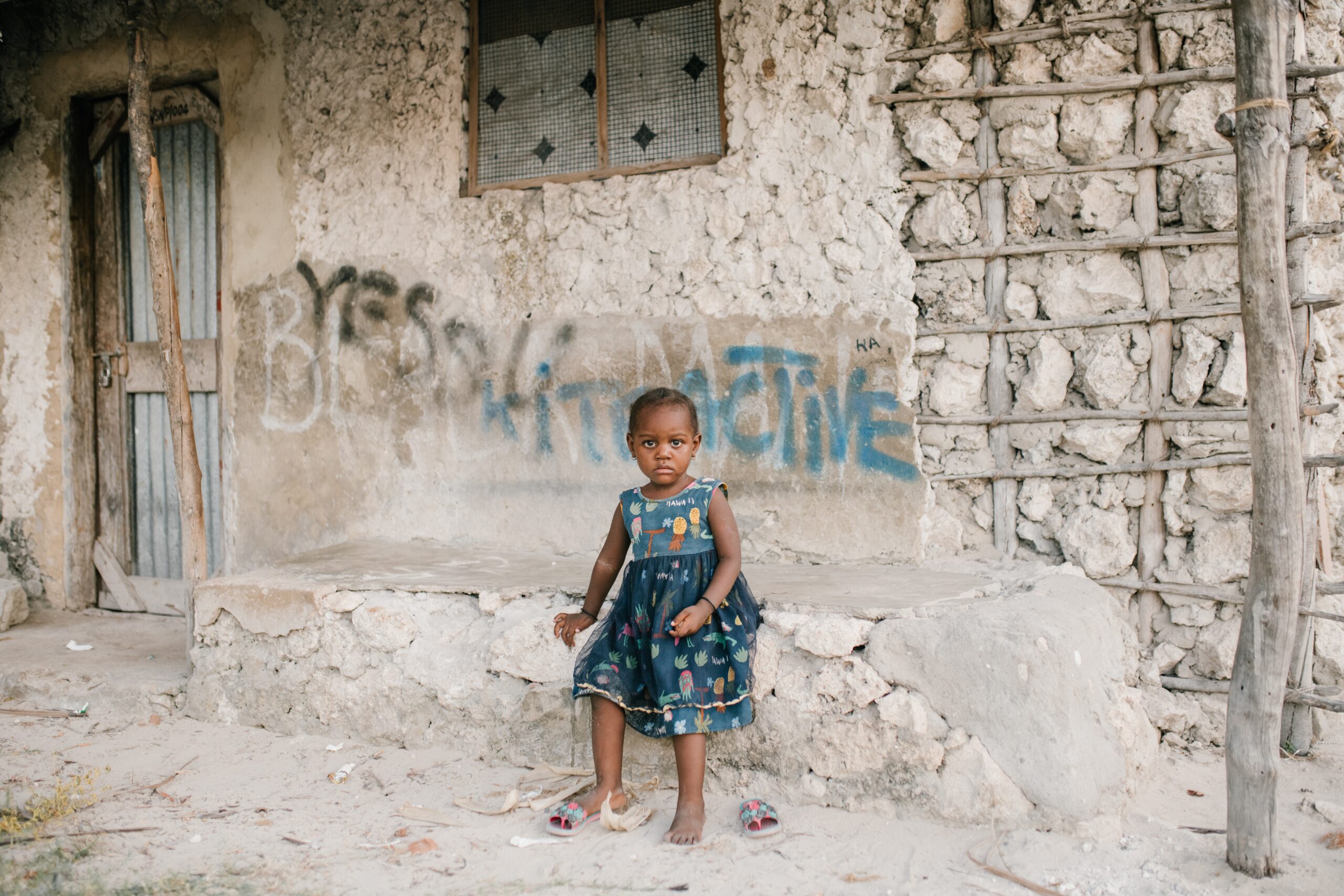Ministry For At-Risk Children
Providing Support For Nabaa Youth
Make a Donation
Sponsor A Child

Education Center
Helping At-Risk Children
An Education Center was founded in the Nabaa area to shelter, educate, feed, and minister to poor, abandoned or abused children.
Goals and vision
We believe that working with the Nabaa children is extremely important mainly because most of them are unable to attend school. They are at risk of becoming delinquents and therefore outcasts, if not a danger to society.
Our partnership aims to:
- Provide a day shelter to keep children from being on the streets.
- Provide programs of basic education and offering home work
- assistance.
- Develop the children’s moral, spiritual and social skills to become healthy, responsible, and successful citizens.
- Provide care and help in ways of food, clothes and medical assistance whenever possible.
- Counsel and help their families.
Our Aspirations
- A free medical consultation program for children and parents
- Distribution of food
- Seasonal camps and excursion trips for children
Nabaa is one of the poorest areas in Beirut. It is full of children at risk of homelessness. But the Lord founded this center and His hand is working through us in many children’s lives. Therefore, we would like to continue what we started years ago and develop it by the grace of God.
Thank you for your cooperation and personal, moral, spiritual and financial support.
History
We have been involved in ministry work in Nabaa for over 10 years now to cater for the pressing needs detected in that region. We have visited children’s homes and made summer camps for them. Finally in 2006, by God’s help and through our friends, we managed to rent two apartments that became the “Spring of Life” center. It took us a lot of prayers and labor to renovate and refurbish the center to receive sixty children.


About The Children
Our center hosts more than fifty students aged between 5 and 15, of various nationalities: Lebanese, Egyptian, Sudanese, Iraqis, Kurds, Syrians, Armenians and others. They are of different religious and cultural backgrounds. Most of them live in very poor houses and come from dysfunctional families. So, often, there is no one to teach them how to read or write. Furthermore, some have to work to make a living.
